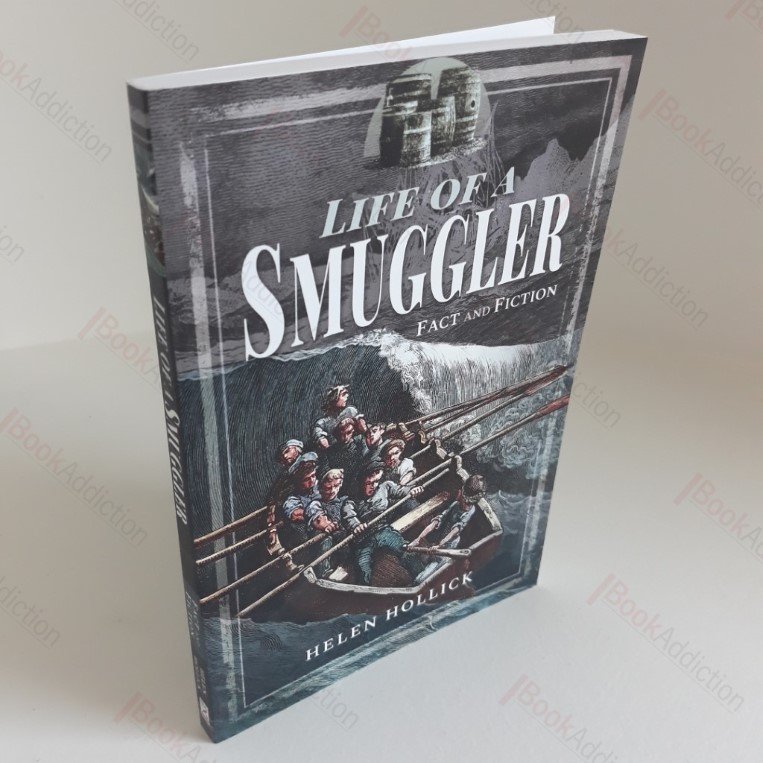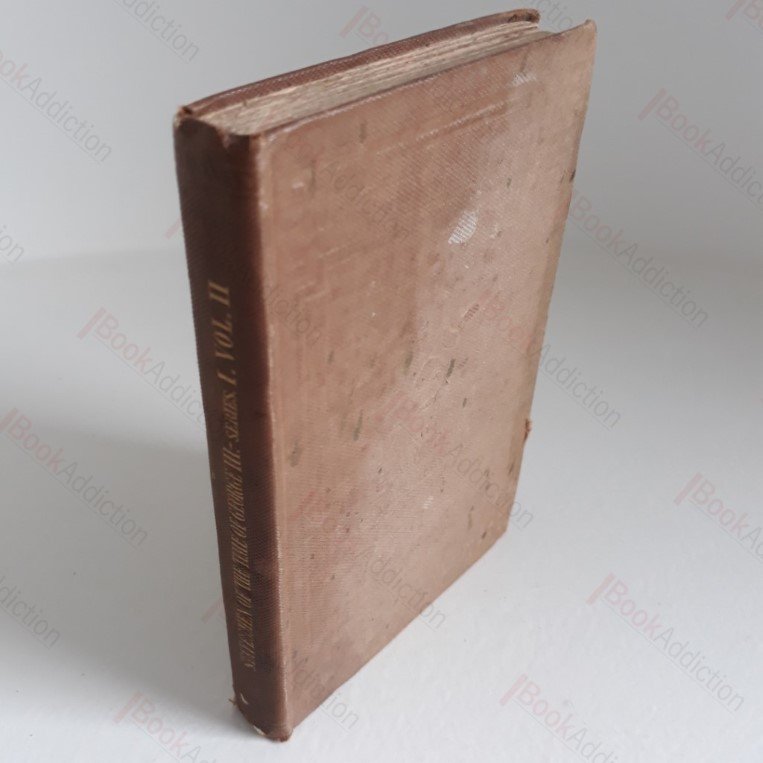You need to either purchase at least 3 Bargain Corner books or you may add any number of Bargain Corner books to your basket if your order already contains at least one other book from our other Catalogues.
£475.00
FREE UK Shipping*
In stock
Want delivery to a non-UK address?
pp359-363; small folio with extra title page, with engraved vignette (chapped and toned at edges, disbound, with a near contemporary clipping relating to the house of Harrison birth pinned at top, text bright and fresh barring on title page which is a tad aged). T
he 18th century quest to determine longitude at sea is an epic tale of science and law. It was on the one hand, a transformational scientific achievement: John Harrison’s marine chronometer provided the solution to a problem which had baffled the likes of Galileo and Newton. On the other, the story ranges into the realms of the rights and wrongs intellectual property and the development of administrative law. So debilitating to trade and shipping was the longitude problem that in 1714 Parliament offered a £20,000 reward (worth several million pounds in today’s money) for a solution and created an administrative agency to determine the winner. Harrison, a Yorkshire-born son of a carpenter, sought for decades to claim the prize for his invention from the Board of Longitude. He is today perhaps best-remembered through Dava Sobel’s popular book, Longitude [1995]. Sobel blends history, science, and biography into a compelling narrative. But is it a one-sided account, casting Harrison as a righteous but down-trodden hero battling against a mean, manipulative and over-archingly powerful government agency. Sobel largely ignores the motivations of the Board of Longitude and the actions of Parliament in support of discovery of a solution and, latterly, in support of Harrison. The 1763 Act (one of 23 related to the discovery, according to the Greenwich Observatory website) was Parliament’s respond to Harrison’s own call to action. The ‘Act for the Encouragement of John Harrison’ protected Harrison against anyone else claiming the reward by means of a timekeeper for a period of four years. (The Act was passed by Parliament in 1761, receiving Royal Assent in 1763). It also stated that he would receive an additional £5000 if he provided ‘a full and clear Discovery of the Principles’ of his watch, ‘and of the true Manner and Method in which the same is and may be constructed.’ Harrison ultimately gained nothing from this particular Act. He was resistant to publishing his work and fearful of causing delay in claiming the main prize. Nonetheless, it is an illuminating original Act of Parliament illustrative of a pivotal point in the longitude story. It is also a scarce artifact. Prior to 1796 Acts of Parliament were printed in limited quantities only. The Committee for the Promulgation of the Statutes [1796] found that at most the number promulgated ‘only slightly exceeded 1,100 copies,’ and for the most part were distributed solely to Members of the House of Commons, the House of Lords and Privy Counsellors. Anno Regni George III Regis : An Act for the Encouragement of John Harrison to publish and make known his Invention of a Machine or Watch, for the Discovery of the Longitude at Sea, done at the Parliament begun and holden at Westminster, the Nineteenth Day of May, Anno Dom. 1761 in the First Year of the Reign of our Sovereign Lord George the Third, by the Grace of God, of Great Britain, France and Ireland, King, Defender of the Faith &c., And from there continued by several Prorogations to the Twenty fifth Day of November, 1762; being the Second Session of the Twelfth Parliament of Great Britain.
Keywords:











Thank you for your interest in this book. Fill in the form below to submit your inquiry.